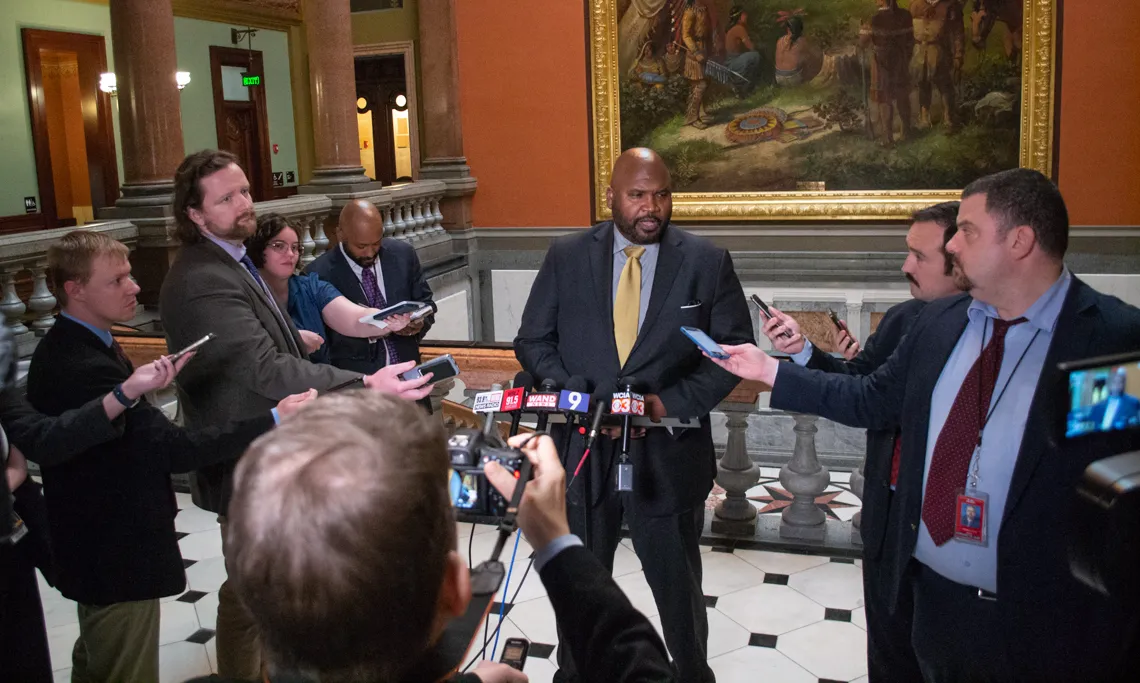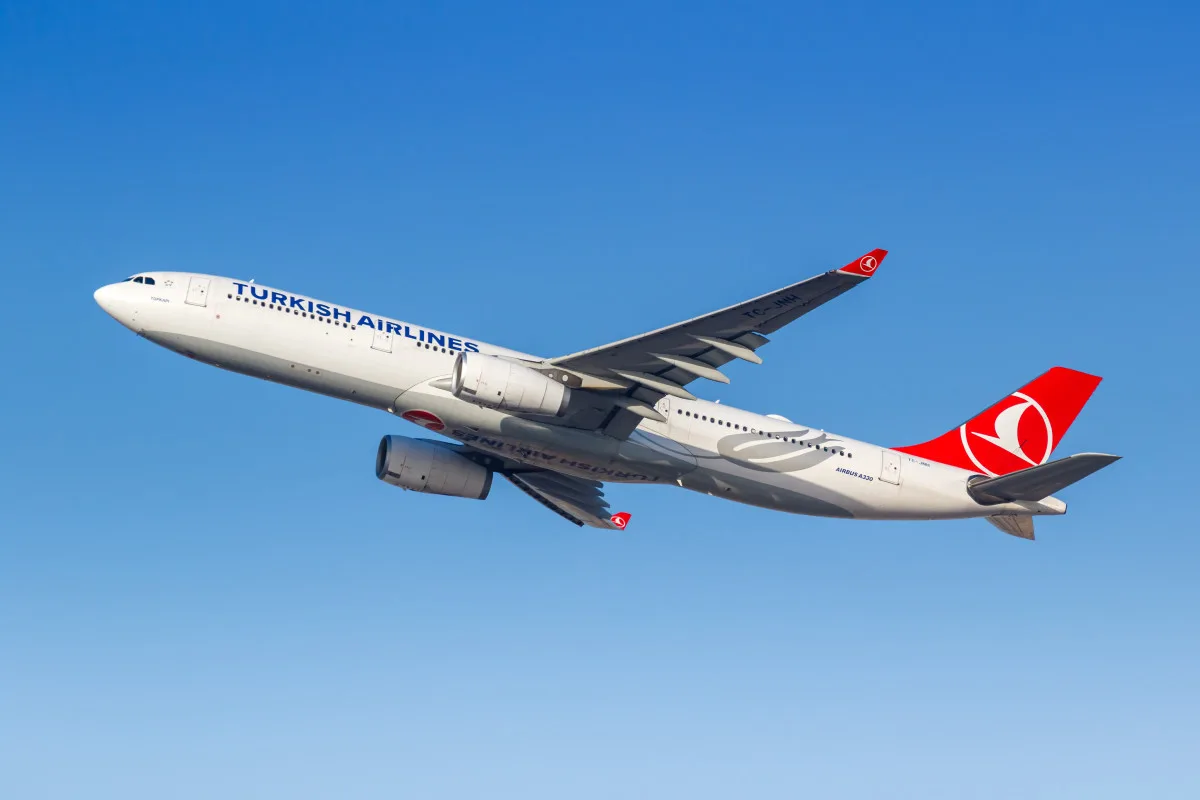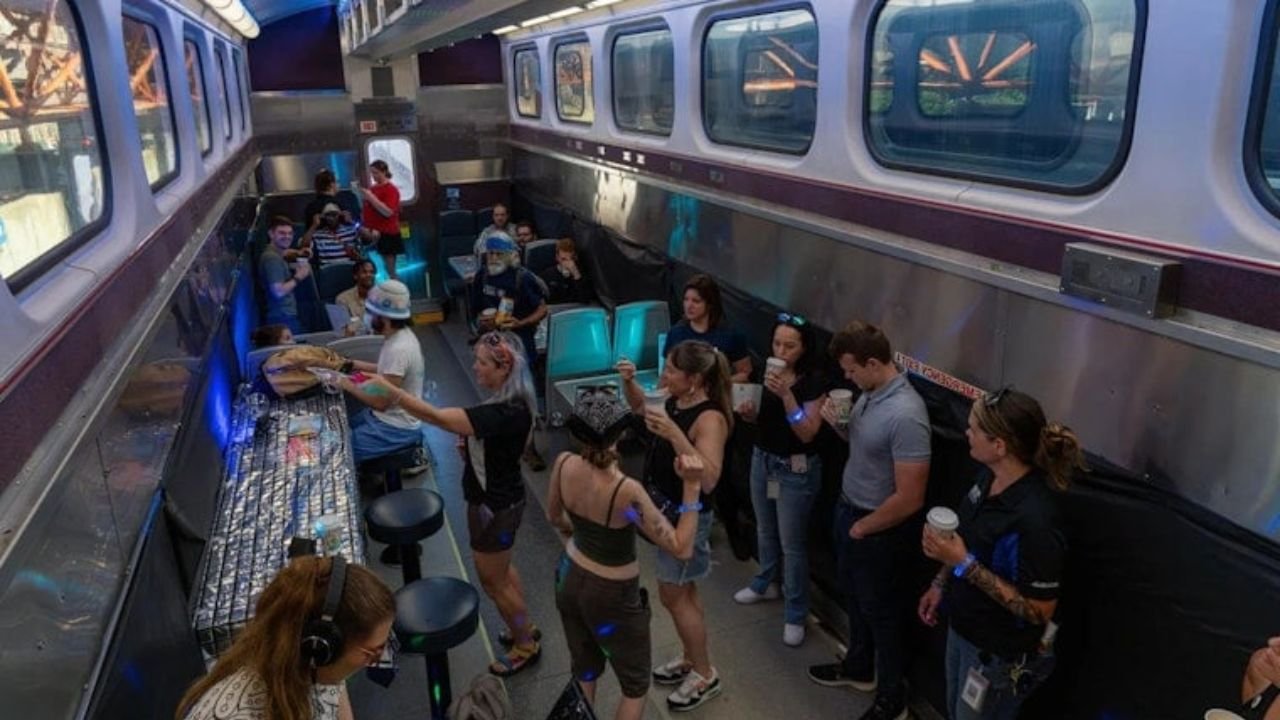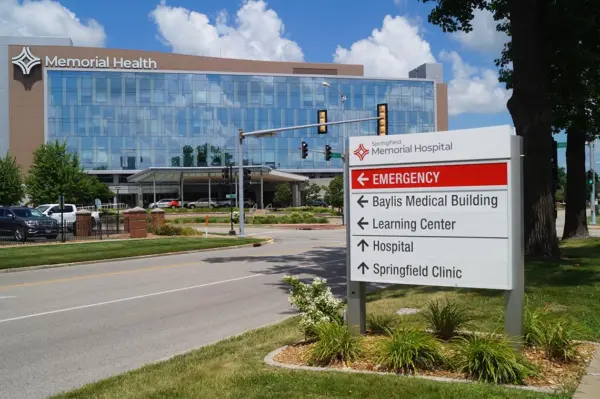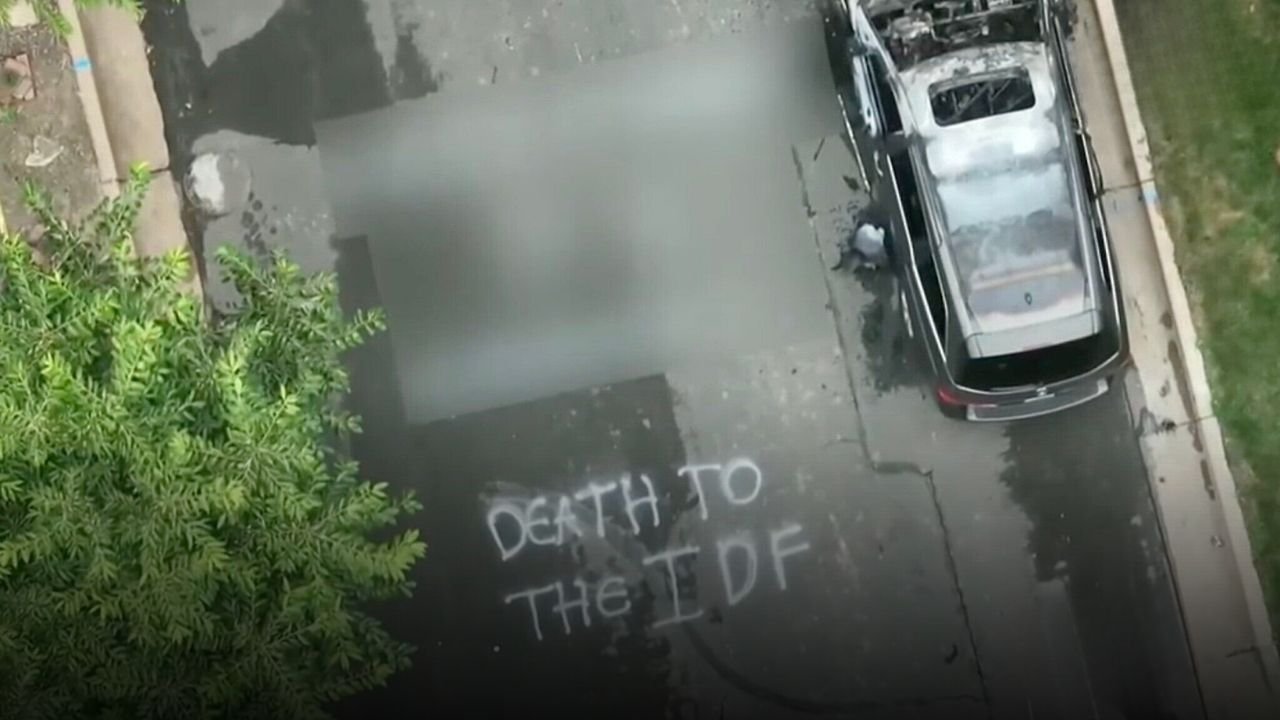SPRINGFIELD, IL — Illinois lawmakers narrowly passed a $55 billion state budget before the spring session ended, avoiding a shutdown—but failed to approve a vital funding package for mass transit in the Chicago region. That delay puts services like CTA, Metra, and Pace at risk of steep service cuts in 2026.
According to CBS News Chicago, the House adjourned without voting on the transit bill, despite the Senate advancing the measure late Friday.
What Was Included in the Final Budget?
Lawmakers approved a range of tax changes and spending shifts to balance the $55 billion plan:
- New taxes on gambling, tobacco, and vape products
- $198 million in revenue from a proposed tax payment incentive program
- Cuts to health care for undocumented immigrants, saving $330 million
- $307 million added for public schools statewide
However, the plan omitted a proposed $43 million in property tax relief and left unresolved the expected $770 million transit deficit facing the Chicago region next year.
Governor JB Pritzker praised the budget’s education focus, but expressed disappointment that transit funding was left incomplete.
Why Was the Transit Bill Stalled?
The Senate had passed a separate bill that included:
- A $1.50 delivery fee on apps like Amazon, DoorDash, and Uber Eats
- A 10% rideshare tax
- New electric vehicle registration fees
- A full restructuring of the RTA into a new Northern Illinois Transit Authority
But the House failed to act before the deadline. That means any future version now requires a three-fifths supermajority to take effect before June 1, 2026, instead of a simple majority.
Transit officials say that delay could seriously affect planning timelines.
What Will Happen If No Transit Funding Is Approved?
Agencies warn of large-scale service reductions across the Chicago area:
- CTA could eliminate 74 of 127 bus routes and reduce rail service at dozens of stations
- Metra may cut early morning, evening, and weekend trains
- Pace could halt weekend and after-8 p.m. services
Transportation expert Dr. Joe Schwieterman of DePaul University called the cuts “draconian” and warned:
“The economy would really suffer. These cuts would disproportionately impact workers and seniors who rely on off-peak transit.”
Draft contingency plans for these cuts could begin as early as next week if no deal is reached.
What’s Next for Transit Funding?
The fall veto session will offer the next legislative window to pass the bill. Lawmakers say negotiations will continue over the summer, but advocates warn that timelines are tight.
Without new funding by early 2026, the RTA will begin formal proceedings to slash service, cut staff, and renegotiate contracts to avoid insolvency.
Pritzker’s team said in a statement that they hope the Legislature “follows through with urgency in the fall.”
Do you rely on CTA, Metra, or Pace for work, school, or family needs? How would service cuts affect your routine? Share your experience in the comments and let lawmakers know this matters to you.
For continuous updates on Illinois transit, education, and budget policy, follow ChicagoSuburbanFamily.com.

